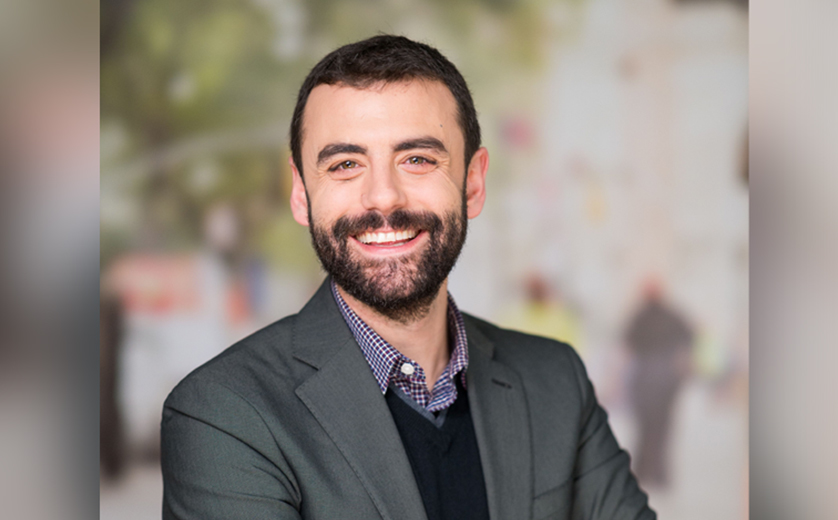A team led by Phillip Marotta, assistant professor at the Brown School, received an NIH Developmental/Exploratory grant award to examine the impact of intersectional stigma on adoption of evidence-based harm reduction services, PrEP, and overdose prevention interventions among providers at federally qualified health centers in rural Missouri.
The two-year pilot project began in July and is funded by a $275,000 grant from the National Institutes of Health. It is aimed in particular at increasing the availability of treatments for opiod use disorders and infectious diseases like HIV by identifying the role that attitudes of providers play in adoption of evidenced-based strategies such as syringe exchange and medications for opioid use disorders in rural primary care clinics in Missouri. The grant is a partnership between Marotta, faculty at the Brown School and School of Medicine, the Missouri Rural Health Association, Missouri Primary Care Association and Missouri Hospital Association.
“One of our biggest hurdles is to get providers to use these evidence-based interventions,” said Marotta. He said some providers are apprehensive about bringing people with opioid disorders into clinics, which are in primary care settings. “There’s a fear of changing the clinic dynamic due to negative stereotypes about these patients,” he said.
Health centers are much more accessible in rural regions, Marotta said, but many don’t have the medications to treat opioid use disorders, even though primary care providers can get the necessary training to offer them. Existing research has been focused on patients, not providers. Marotta’s research expands this focus to include providers and other key stakeholders. Missouri has been identified as a priority state for HIV, due in part to the expansion of HIV infection in rural parts of the state, combined with poor rates of engagement along the HIV care continuum. The grant will use a mixed methods approach with surveys and in-depth interviews of providers, people with HIV, community advocates and regional leaders as a first step to developing a stigma-reduction intervention to improve treatment. The funding will allow Marotta to expand his research into a new area that includes primary care clinics in rural Missouri.
“Devising novel strategies is key to optimizing community-based treatments for opioid use disorders and HIV infection among rural providers in Missouri and is critical to addressing lagging rates of engagement in remission and suppression,” said Marotta, whose research focuses on the impact of disparities in public health, with an emphasis on substance use treatment interventions in resource-poor settings such as justice-involved populations and the HIV care continuum for persons with substance use disorders. Read an abstract of the study.
Marotta was also recently awarded fellowships from the Washington University Career Development Award Program and Johns Hopkins University.
